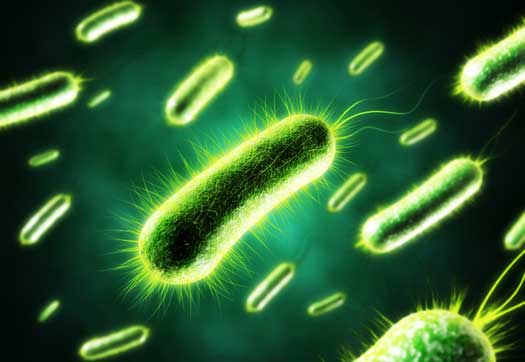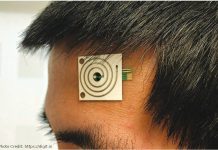
Michigan State University comes with interesting news about how microbes generate electricity while nuclear waste is cleaned up.
The research team headed by Gemma Reguera a microbiologist at the university published a complete report in the ‘Proceedings of the National Academy of Sciences’.
The studied microbe is a Geobacter with the ability to immobilize the uranium from nuclear waste. As Reguera explained, Geobacter bacteria are tiny micro-organism that can successfully clean the nuclear waste from sites all over the world.
During the time the research took altogether an important turn when team discovered Geobacter’s nanowires. Nanowires are like hair appendage outside the body of Geobacter. The tiny appendages are responsible for uranium reduction and in fact the managers of electrical activity. The nanowires are responsible for protecting the Geobacter allowing it to survive and grown in radioactive waste environment.
Another step of the research was when the team was able to genetically engineer a Geobacter strain to achieve enhanced nanowires production. The modified Geobacter is more efficient in cleaning radioactive waste and its viability as a catalytic cell has also shown significant improvement.
The efficiency of the mechanism has been well proven with the occasion of sample cleanup in uranium mill in Rifle, Colo. Technically the researchers first introduced acetate into contaminated groundwater as a preferred food of the Geobacter bacteria. The result it led to an exponential growth in the Geobacter community, which were already present in the local soil. The experiment worked quite well in removing the uranium. This can serve as a model for future cleanup of nuclear sites infected with uranium and other radioactive waste.
Reguera and her team have filed patents and plans to carry further research. This can lead to development of microbial fuel cells capable of generating electricity that are currently used for cleaning up the environment after nuclear disasters.



